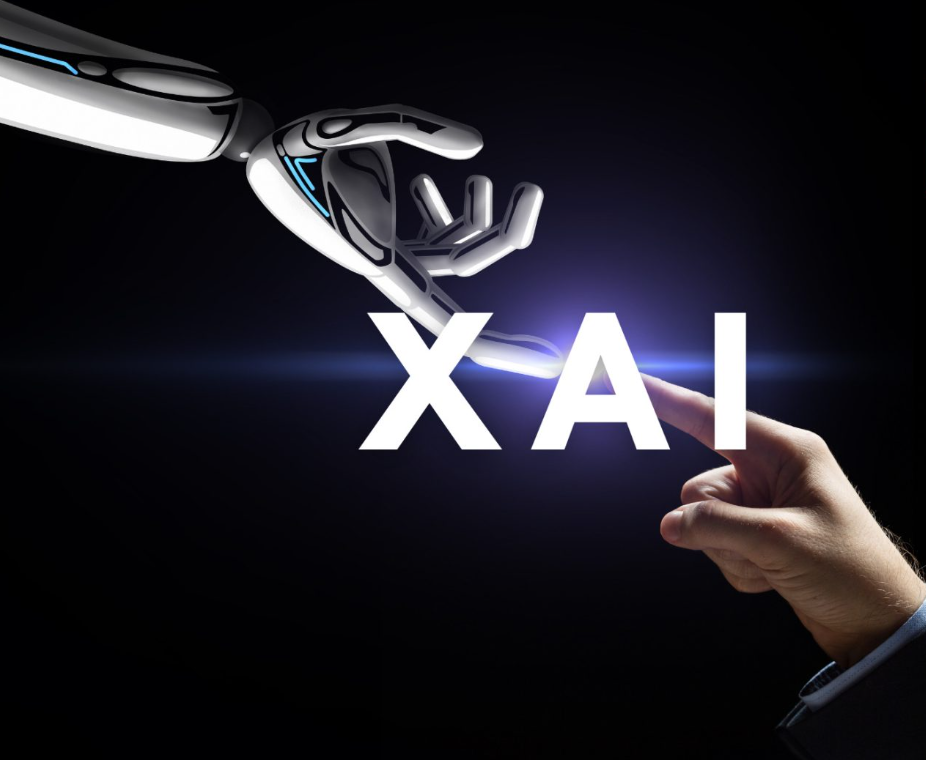Understanding Generative and Cognitive AI
Since ChatGPT was launched in November 2022, generative AI has captured our imagination by demonstrating its capabilities in art, music, and code creation. However, amidst this fascination, a more profound evolution is on the horizon: Cognitive AI. This emerging field aims to exceed human cognitive abilities, heralding a future where machines think akin to humans.
Picture machines capable of comprehending
intricate concepts, solving complex problems, and evolving through
learning—this defines the vision of Cognitive AI. Its potential impacts all
facets of life, transforming healthcare, education, finance, and technology.
In the realm of artificial intelligence, two
prominent approaches have emerged in recent years: Generative AI and Cognitive
AI. Understanding their distinctions is crucial for harnessing the full
potential of this groundbreaking technology. The choice between Cognitive AI
and Generative AI hinges on the specific use case and the goals of the
application, as each serves distinct purposes.
Generative AI: The Creator
Generative AI, exemplified by ChatGPT, excels at generating fresh content such as images, text, or music by discerning patterns from existing data. Utilizing this knowledge, it creates entirely novel and unique content, demonstrating a "synthetic imagination" that profoundly influences various creative endeavors. Whether crafting captivating art and music or weaving compelling narratives and content, Generative AI is transforming how we approach artistic expression and media production.
This technology has firmly established itself
in creative domains like art, content creation, and design, impacting a wide
range of applications. From enhancing datasets and supporting machine learning
through synthesized data to generating realistic simulations, Generative AI
proves highly adaptable. It excels in tasks requiring creativity and the
generation of innovative content, enhancing datasets, accurately simulating
reality, and streamlining content creation processes.
What’s beyond Generative AI?
On the contrary, Cognitive AI seeks to emulate
and surpass human cognitive abilities, encompassing tasks such as language
comprehension, reasoning, learning, and decision-making. Illustrated by
platforms like Headai’s Graphmind, Cognitive AI engages with its environment in
sophisticated ways, analyzing data, extracting insights, and solving complex
problems to drive transformation across industries.
Cognitive AI excels in tasks requiring pattern
recognition, natural language processing, and decision-making. Its practical
applications extend across fields like healthcare diagnostics, fraud detection,
and customer support systems, harnessing techniques such as natural language
processing, machine learning, and data analytics to process information and
provide actionable insights.
The choice between Cognitive AI and Generative
AI depends on the specific requirements of the application. When the objective
is to replicate human-like cognitive functions and decision-making processes,
Cognitive AI is typically preferred. Conversely, for tasks focused on
generating creative content, Generative AI is the optimal solution. Often,
combining both approaches can yield more robust and versatile solutions.
Cognitive AI unleashed
While Generative AI excels in generating content based on patterns, Cognitive AI takes it a step further by analyzing extensive datasets, discerning relationships, and making predictions. This human-like cognitive capability paves the way for transformative applications:
In healthcare,
Cognitive AI enhances medical diagnostics, tailoring treatment plans and
predicting potential side effects to improve patient outcomes.
In education,
AI tutors powered by Cognitive AI deliver personalized learning experiences,
analyze student performance data, and offer real-time feedback to enhance
learning outcomes.
In finance,
Cognitive AI delves deep into financial markets, facilitating informed
investment decisions and detecting/preventing fraud more effectively.
Generative AI vs. Cognitive AI
Generative AI
1. Emphasizes the
creation of fresh content.
2. Learns patterns
from existing data to generate entirely original content.
3. Valuable for tasks
requiring creativity and the production of innovative content.
Applications:
- Generating art and
music
- Creating content
- Designing
- Augmenting data in
machine learning
Cognitive AI
1. Seeks to emulate
human thought processes.
2. Encompasses
abilities such as language understanding, reasoning, learning, and
decision-making.
3. Interacts with the
world in a nuanced and sophisticated manner.
Applications:
- Healthcare
diagnostics
- Fraud detection
- Customer support
systems
- Self-driving cars
- Virtual assistants
Cognitive AI ushering the new era of human like thinking
Generative AI excels
at creating new content, but Cognitive AI extends its capabilities further by:
- Analyzing vast
datasets
- Identifying and
comprehending relationships within data
- Making accurate
predictions
This advancement
unlocks numerous possibilities:
Healthcare:
- Achieving
high-accuracy analysis of medical images
- Early detection and
diagnosis of diseases
- Personalizing
treatment plans
- Predicting
potential side effects
Education:
- Tailoring learning
experiences for individual students
- Providing real-time
feedback to enhance learning outcomes
- Improving overall
student performance
Finance:
- Conducting in-depth
analysis of financial markets
- Facilitating
smarter decision-making
- Detecting and
preventing fraudulent activities
Technology:
- Advancing the
development of self-driving vehicles
- Empowering virtual
assistants with enhanced capabilities
- Pioneering new and
innovative technological advancements
Summary
Generative AI demonstrates creativity, but the
pivotal advancement for AI lies in Cognitive AI. With its capacity for
human-like thinking, Cognitive AI stands to inaugurate a new era—an AI
revolution that signifies the advent of machines possessing human-like
cognitive capabilities.
In essence, while Generative AI plays a
significant role, the true essence of AI's potential resides in Cognitive AI.
This technology can think, learn, and reason akin to humans, marking the onset
of a transformative era where machines emulate human cognition.
Sources: techstartups.com,
Compiled by: Shorya Bisht




No comments:
Post a Comment